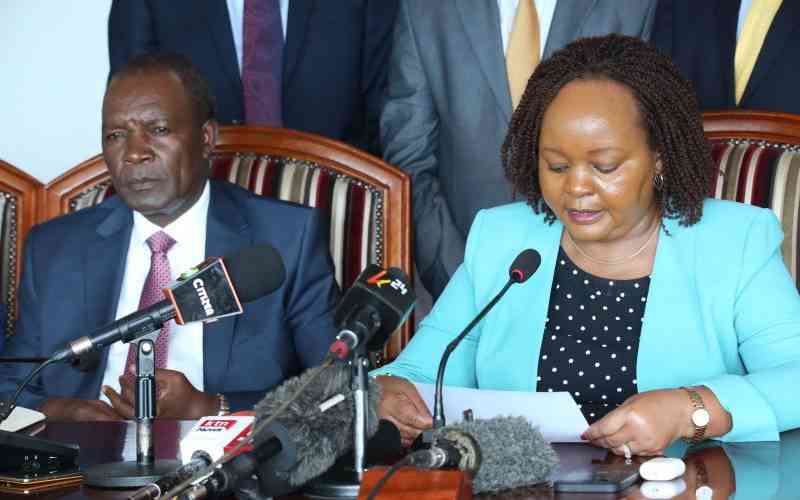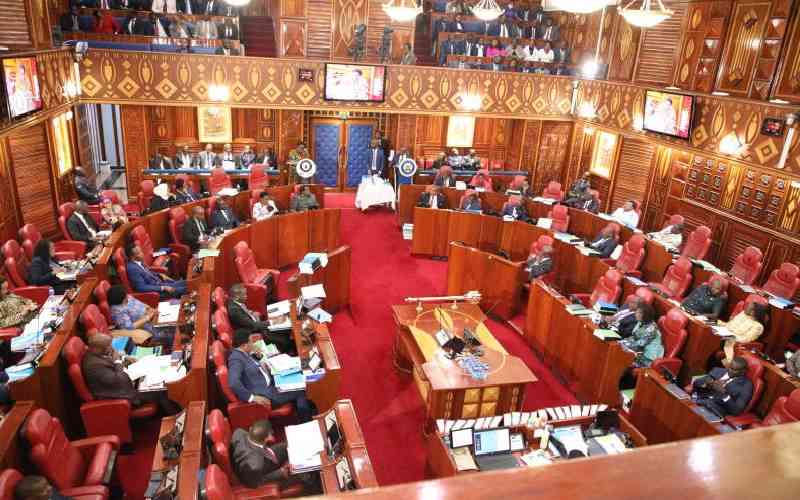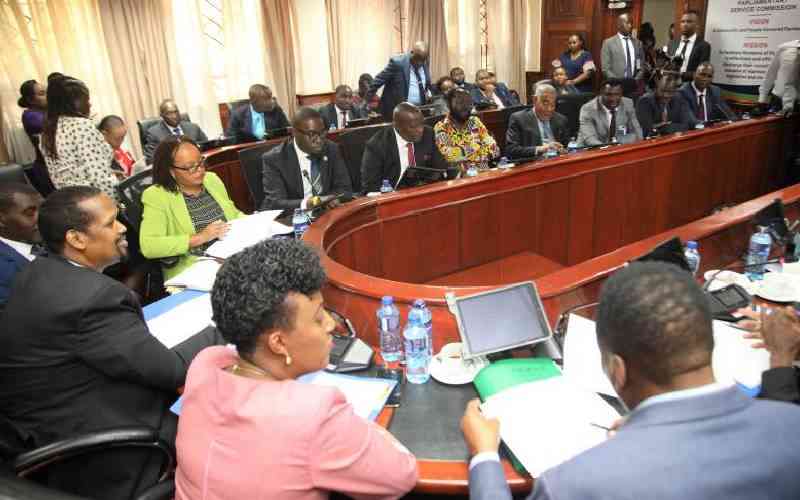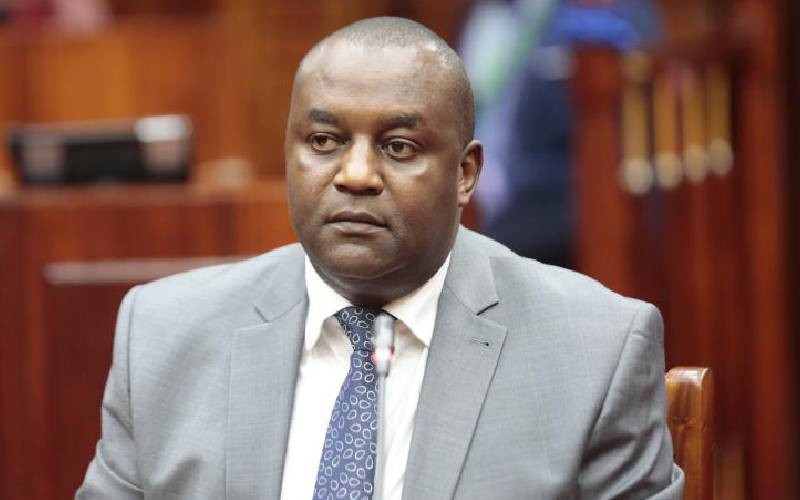Devolution is already delivering real improvements in governance and the lives of Kenyans. That was the message I gave when I spoke about tackling the current drought to government officials, last month
It is a message I will continue to deliver and it is why I am excited about the next phase of the European Union's support to devolution in Kenya. Over time, I am confident we will see increased agricultural production, more jobs created and better investment in local infrastructure, to the benefit of all Kenyans.
The European Union has been assisting constitutional and governance reform, in partnership with the Government of Kenya, for more than 10 years. We have supported Kenya's journey through technical assistance, including legal drafting which paved the way for devolution, and providing officials and people with information on what devolution means to them.
Undoubtedly, the road ahead for devolution will be challenging and long. There will be setbacks and mistakes. Nevertheless, there are three ways I am confident of its eventual success, and three ways we are ready to help with Sh3.56 billion of funding over a five year period.
First, devolution puts more of government in the hands of communities and speeds up the feedback loop of the democratic process. By being more locally attuned and efficient, government should increasingly serve the needs of the people. A critical part of building strong and successful devolution will be reinforcing the watchdog role of local communities to check how money is spent.
That is why the European Union has ring-fenced specific funding to strengthen local institutions in 14 counties to help make accountable devolution work. Building on an existing training programme, officials and community leaders across the country will be trained in public auditing and accountability processes.
Second, people will measure the success of devolution according to whether it delivers real change to their lives. This means the new county governments have to demonstrate they are distributing resources more equitably around the country, which will grow social cohesion and political stability.
The European Union is making available Sh1.7 billion worth of grants to kick-start local economic development among 10 of the poorer counties. In coordination with the national government and using objective data, they will be selected according to needs expressed by the counties themselves.
We are ready to invest within counties in roads, crops and livestock so that useful facilities such as new abbatoirs, packaging factories and warehouses can be built.
Third, the European Union wants devolution to work for Kenyan businesses and create jobs in the counties. We will work with county authorities to nurture entrepreneurship, increase local investment and generate trade.
For instance, in agriculture – a devolved power - we can see the opportunity for agribusiness to grow. Farmers, working closely with county governments, will benefit from investment in local roads and value addition opportunities, be they in food processing or textile production.
Devolution requires planning from the centre as well as local leadership and we are extending the European Union's partnership with the Ministry of Devolution and Planning to other key ministries and agencies.
The European Union is committed to supporting Kenya on the journey ahead, and many of our other development programmes from drought management to road construction closely involve County Governments in their design and implementation.
Devolution must continue to involve Kenyans inside and outside government. Much of the discussion about devolution is necessarily about institutions and money, rules, powers and responsibilities.
However, success will depend on people. The commitment and engagement of people in central government and the thousands of communities around Kenya to make real the promise of the Constitution's vision of devolution will be key to success.
Stay informed. Subscribe to our newsletter
 The Standard Group Plc is a
multi-media organization with investments in media platforms spanning newspaper
print operations, television, radio broadcasting, digital and online services. The
Standard Group is recognized as a leading multi-media house in Kenya with a key
influence in matters of national and international interest.
The Standard Group Plc is a
multi-media organization with investments in media platforms spanning newspaper
print operations, television, radio broadcasting, digital and online services. The
Standard Group is recognized as a leading multi-media house in Kenya with a key
influence in matters of national and international interest.
 The Standard Group Plc is a
multi-media organization with investments in media platforms spanning newspaper
print operations, television, radio broadcasting, digital and online services. The
Standard Group is recognized as a leading multi-media house in Kenya with a key
influence in matters of national and international interest.
The Standard Group Plc is a
multi-media organization with investments in media platforms spanning newspaper
print operations, television, radio broadcasting, digital and online services. The
Standard Group is recognized as a leading multi-media house in Kenya with a key
influence in matters of national and international interest.








